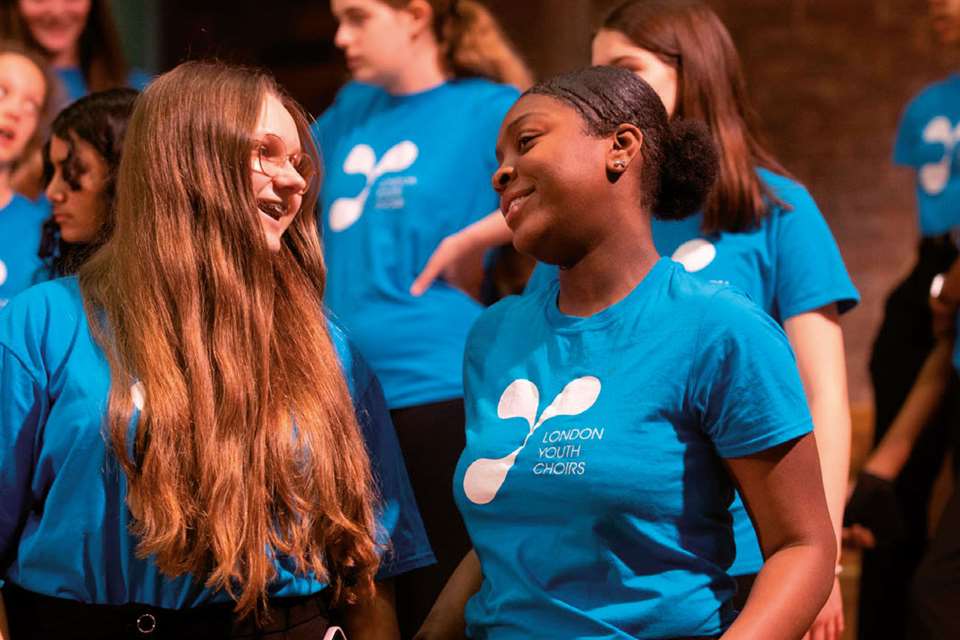MU column: safeguarding in music education
Chris Walters
Wednesday, July 19, 2023
The MU's Chris Walters discusses safeguarding in music education, outlining a new code of conduct and supporting resources.

Adobe Stock / Andrii Yalanskyi
Safeguarding – by which we mean protecting children from harm and taking action to enable them to have the best outcomes – has a unique set of concerns when it comes to instrumental or vocal teaching. This is especially true when we teach one-to-one, where we might be the only adult other than a family member that a child will have individual contact with over the course of a week.
For this reason, music teachers occupy a privileged position. It's why we are often on the receiving end of some very personal stories – occasionally including some quite serious safeguarding disclosures – and why we might be among the first to notice if there is something unusual about a child's behaviour or presentation. Crucially, it's why we must also take care to protect ourselves, as well as our students.
A Code of Conduct
The Musicians’ Union regularly provides support on a wide range of safeguarding matters to the 11,000+ members of our Education Section. When I lead safeguarding training sessions, the teachers I meet are typically very knowledgeable about safeguarding, although they sometimes lack confidence in that knowledge. What they often value most is the chance to share their experiences with each other and receive validation that their ideas and actions are appropriate.
Unfortunately, not every teacher can access safeguarding training on a regular basis. Private music teachers can be especially affected by this. Another issue is that safeguarding training can sometimes be quite generic, overlooking the specific issues that arise in music education.
The MU has responded to these gaps by publishing a new safeguarding Code of Conduct, which is freely available on our website for members and non-members alike. Our Code of Conduct is not offered as a substitute for training, but it does point to some important approaches and behaviours for music educators who are looking to uphold the highest standards of safeguarding in their work. It also stands as a definition of best practice in safeguarding from the MU's perspective.
Twelve key behaviours are at the heart of the Code of Conduct. In summarised form, these are:
-
Commit to upholding the highest standards of safeguarding and child protection.
-
Maintain high standards of personal behaviour. Be friendly and approachable but professional in your interactions.
-
Abide by the MU/ISM Music Sector Code of Practice (tinyurl.com/mwx43us5), designed to tackle bullying, harassment and discrimination.
-
As well as following the MU's Code of Conduct, be aware of other safeguarding policies that may apply and follow these.
-
Develop an understanding of the various issues that can cause students harm, using this knowledge to remain vigilant to risks and promote a safe environment for learning.
-
Acquire a basic knowledge of, and be able to identify, the signs of the four most common forms of abuse: emotional, physical, sexual and neglect.
-
Be aware that those experiencing abuse can be any age, gender, class, ethnicity, sexuality or faith; and that those who abuse can be any age, gender, class, ethnicity, sexuality or faith.
-
Understand and be able to identify grooming behaviour. Never intentionally behave in any way that could be perceived as grooming.
-
Report any concerns or disclosures to an appropriate authority.
-
Keep records about children and vulnerable adults securely protected and retain them for no longer than necessary, whether records are physical or digital.
-
Ensure that consent is gained from all relevant parties for all photos or film of students, and that these are stored securely and retained no longer than necessary.
-
Maintain an up-to-date DBS check using the online DBS Update Service (England and Wales only). In Scotland or Northern Ireland, maintain equivalent checks.
Clearly, these points deserve considerable further discussion. The Code of Conduct offers this over a series of subtopics, which include:
- Communication with pupils and parents – covering contracts, email, personal communication and social media.
- Delivering lessons – from room layout and dress code to physical contact, plus specific issues relating to teaching online.
- How to respond appropriately if a disclosure is made to you, plus how to report disclosures and other concerns.
- Working with vulnerable and non-vulnerable adults.
In addition to our Safeguarding Code of Conduct, the MU has published updated information about other organisations that can help with safeguarding. To summarise this, the NSPCC has a wide range of free resources, as well as a free 24-hour helpline that anyone who is worried about a child can call (0808 800 5000 or help@nspcc.org.uk – but remember that the police should be contacted if there is immediate risk).
Mencap, the learning disability charity, provides some excellent advice on safeguarding vulnerable adults, while Hourglass, the UK's only charity focusing on the abuse and neglect of older people, also has a free 24-hour helpline (0808 800 8141 or free text 07860 052 906).
We invite MT readers to explore the new resources that the MU has made available and contact us with any questions, comments or requests – email education@themu.org. Meanwhile, I wish you a successful new academic year and an enjoyable final few weeks of summer holiday.
The MU's complete range of safeguarding resources, including the new MU safeguarding Code of Conduct, can be found here: musiciansunion.org.uk/working-performing/music-teaching/working-as-a-music-teacher/safeguarding



